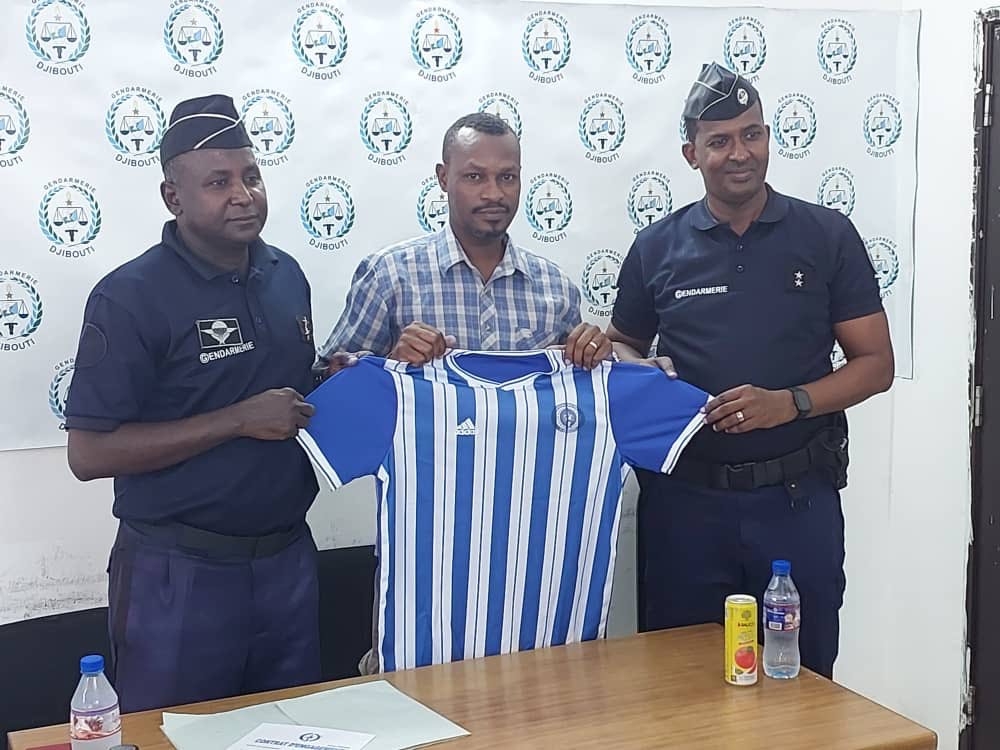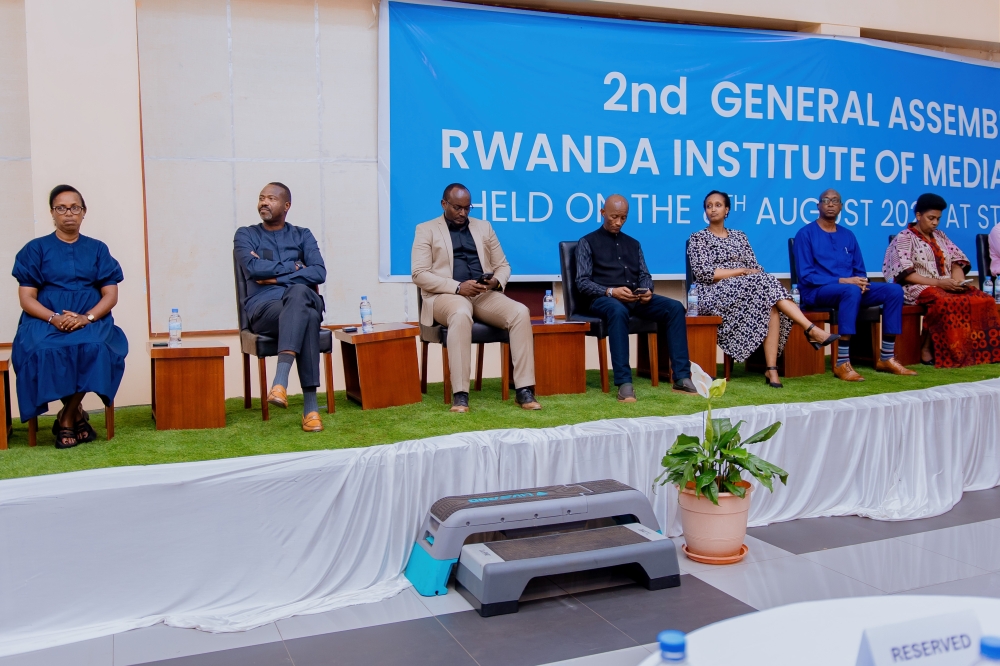KIGALI-In the context of a rapid national scale up programme of male circumcision, the Government of Rwanda is currently analyzing the study results concerning a clinical study on a new circumcision system, PrePex.The new device that does not require anaesthesia, sutures, blood and sterile setting, is a non-surgical method able to effectively serve a large area with limited resources.

KIGALI-In the context of a rapid national scale up programme of male circumcision, the Government of Rwanda is currently analyzing the study results concerning a clinical study on a new circumcision system, PrePex.
The new device that does not require anaesthesia, sutures, blood and sterile setting, is a non-surgical method able to effectively serve a large area with limited resources.
The study is the first of its kind globally, according to a statement from the Health Communication Centre.
PrePex studies in the country began in March last year under the support of government and World Health Organisation (WHO) as one of the initiatives to curb HIV/AIDS infection and preliminary results show safety, efficacy and cost effectiveness of the device.
According to the Permanent Secretary in the Ministry of Health, Dr Agnes Binagwaho, the current pace of male circumcision in the country is very slow, calling for a need to devise means of scaling it up.
"Rwanda has a national goal to decrease its HIV incidence rate by 50 percent by circumcising two million adults in two years as part of a comprehensive HIV prevention strategy.
"With the PrePex device, this can be a reality and we finally have the potential to achieve our goal.
The procedure is quick, simple, bloodless and safe,” said Binagwaho.
In his remarks, Prof Steven Kaplan, co-investigator in the study said that the evidence from the study is very compelling as a non-surgical technique with no local anaesthesia will make this technology accessible and scalable.
The patent pending PrePex device leverages a special elastic mechanism that fits closely around an inner ring which traps the foreskin in between. The foreskin dries up (necrotizes) and is safely removed in a week.
The device and methodology was developed by a Jewish Circ MedTech, a BVI incorporated company, specifically to solve the male circumcision scale up challenges in countries with limited access to medical infrastructure and surgically skilled health practitioners.
Scientific studies have indicated that circumcised men in high risk areas, including sub-Saharan Africa, reduce their risk of HIV infection by about 60 percent and this has been endorsed by WHO and UNAIDS.
Currently circumcision techniques and devices require highly qualified surgeons and settings which limit many African countries’ ability to scale up male circumcision due to shortage of health professional and medical facilities.
Ends




